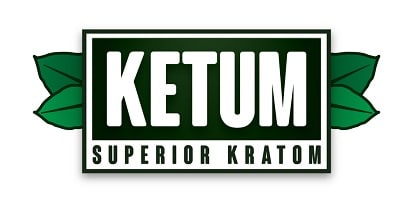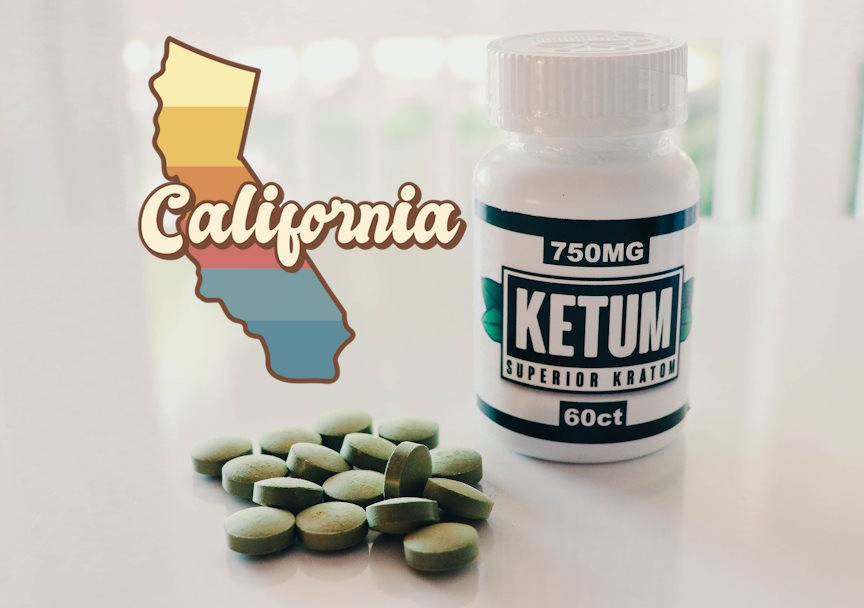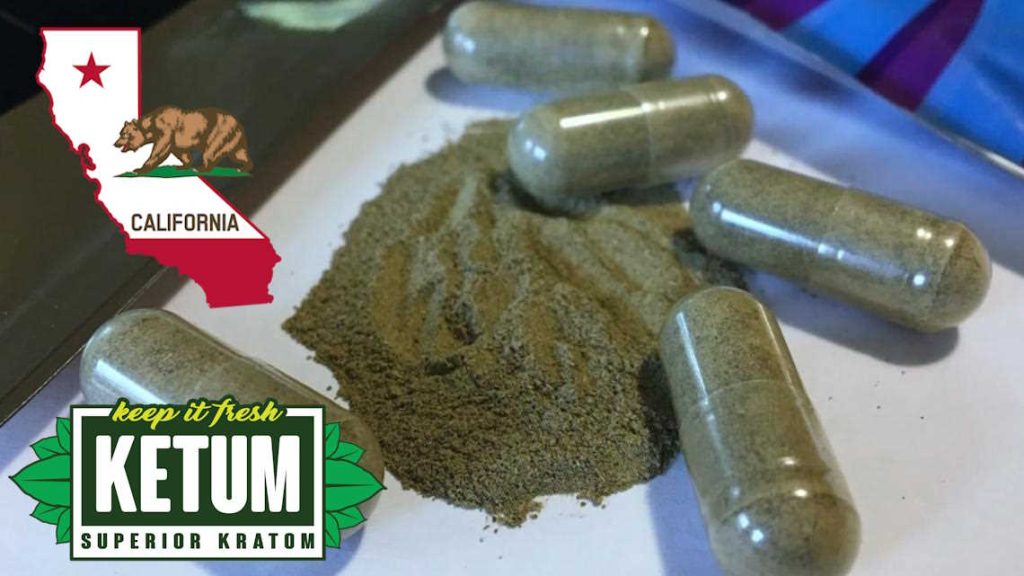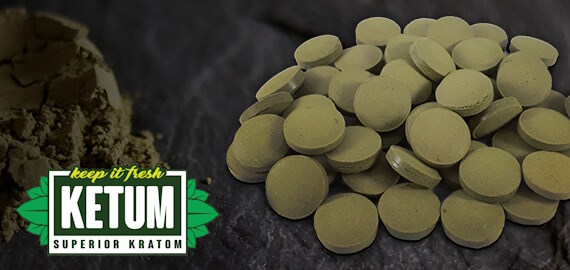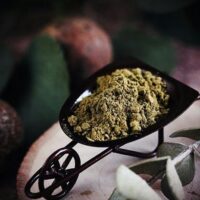
Kratom made the headlines a few years ago whenever the DEA announced they were placing kratom on their Schedule 1 list of drugs. The reason the DEA gave for its need to place a temporary ban on the herbal leaf was due to their argument the plant has no medicinal value. They also stated it has a high potential for abuse.
Both arguments were placed under scrutiny by kratom advocates. And scientific research proves the contrary. So why would the DEA make such exaggerated, bold claims about kratom?
Well, if you’re looking for an answer to this riddle, then the best bet would be to look toward the past. For in the memorable words of George Santayana, “Those who cannot remember the past are condemned to repeat it.”
The History of Kratom in Thailand
So to look at the historical yesteryear of kratom, we must delve into the history of the country it hails from—Thailand. For in that country, we find a narrative similar to the one we’re currently experiencing.
Yet this story takes place in the 1940s, during the Second World War. You see, it was during that catastrophic conflict that the Golden Triangle region became a significant player in the opium trade. War wreaks havoc. Injuries take their toll. And people seek comfort from their physical agony, as well as their mental anguishes.
So during that period, the opium trade was a lucrative industry. And the Thailand government saw its potential to get a part of the revenue by taxing the substance. Consequently, the government found a cash cow because opium is highly addictive.
As time progressed, more of their citizens became addicted. The demand for opium caused the prices of the substance to skyrocket. Whenever the rates soared higher, so did the levies the Thailand government collected.
Kratom Fought Opiate Addiction
Soon, the price gouging became too much for the common citizen to bear. But the populace of Thailand still had their addictions to overcome, so they began seeking a cheaper alternative and looked elsewhere. Fortunately for them, they didn’t have to look far.
The Thai people knew of another plant that was native to their region with similar pharmacological properties. That plant was a species of trees called Mitragyna speciosa—also known as kratom. The trees grew wild there, so the Thais had unlimited access to an herbal remedy for opiate withdrawal at their fingertips.
And as an indigenous plant, kratom had been used for centuries within their communities as herbal folk medicine by local peasants. So the discomfort-reducing potential of kratom was widely available knowledge.
Kratom Banned by Thailand
As such, kratom started to grow in popularity. Citizens found an alternative for opium, which the Thailand government taxed heavily. But as the demand for opium began to dwindle, the Thai government noticed their coffers weren’t filling up to the brim like they used to.
Whenever those politicians realized the poor-working Thai were using kratom as a substitute, they decided to pass legislation to make kratom illegal in the country. So they created the Kratom Act 2486 on August 3rd, 1943.
The Kratom Act 2486 made planting kratom trees illegal. Anyone caught doing so would be arrested and convicted of the crime. To top it all off, they demanded all existing kratom trees be chopped down and destroyed.
The Thai government didn’t want the populace to have access to a substance responsible for getting citizens away from the opium they relied on for taxation purposes. So, in the end, Thailand’s main reason for wanting to make kratom illegal in their country was because of their politicians’ association with the profits from the opium trade.
Kratom Ban: The Same Trick Twice
With that in mind, let’s take a look at our own government’s action concerning the plant to see if we can find any similarities with our predicament.
First off, our government officials rely on political contributions for their election campaign’s war chest. The pharmaceutical industry donates heavily to politicians’ political fundraisers at every turn. Hell, the industry’s lobbyists oversee the Congress’s bills that deal with medications and those that are insurance-related. It’s not a well-kept secret anymore.
And the pharmaceutical industry in America is a billion-dollar industry. And opiates are a commodity with a high-dollar attachment to them. According to a report from the DEA, drug companies put 76 billion pills into circulation from 2006 to 2012.
That’s no small amount of pharmaceuticals. And the money associated with it isn’t peanuts, either. So do the math. Kratom comes onto the scene in America around the same time the opioid epidemic peaks, giving Americans access to a healthier, cheaper alternative for nervousness maintenance, and our government wants to ban it afterward.
I don’t know about you guys. But from here, it sounds like the same Kratom ban tune is playing, and the same song commences. It’s always important to know your history, lest you be doomed to repeat it.
